description
The research in Analysis and Partial Differential Equations at the CRM covers a broad range of topics, from classical function theory in one and several complex variables to the study of Banach spaces and its operators. The interplay between singular operators and geometric function theory has been very succesful. On PDE’s the research is centered around reaction-diffusion and integro-differential equations (regularity and qualitative properties of solutions), population dynamics and biological evolution, as well as several wave problems in mathematical physics and mathematical modelling.
research lines
Analysis
The research group in Analysis has a long and consolidated trajectory, with very relevant results, as shown by the many publications in top journals.
The research lines cover different areas of Analysis as Harmonic Analysis, Geometric Function Theory in one complex variable, Geometric measure Theory and PDEs with special focus on the following lines:
- Singular integrals, square functions, and rectifiability.
- Geometric properties of harmonic and elliptic measures.
- Boundary behaviour of analytic functions and its connection to Stochastic Processes
Partial Differential Equations (PDEs)
The PDE’s group research deals with applications to Mathematical Biology. Two problems have received the most attention: on the one hand, the rigorous definition and computation of the basic reproduction number in continuously structured populations, as the spectral radius of the next generation operator, and a new method to do this by means of a sequence of models when the latter cannot be defined properly as a bounded operator; on the other hand, the equivalence between the usual formulation of Structured Population Dynamics based on PDEsfor the densities of individuals and the delay formulation based on Volterra type integral equations for the birth rates.
Mathematical Modelling and Numerical Analysis
Motivated by problems in different disciplines, mathematical modeling seeks to explain and understand phenomena in nature and technology by means of mathematical language. This is an interdisciplinary field, that uses mathematical concepts for the progress of other sciences, including biology, physics, engineering, business, economics and risk management… This is as well an interdisciplinary topic as tools from different areas in mathematics can be exploited, e.g. differential equations, statistics, data science, numerical analysis, discrete mathematics, algebra and geometry.
members
postdoctoral researchers
PhD Students


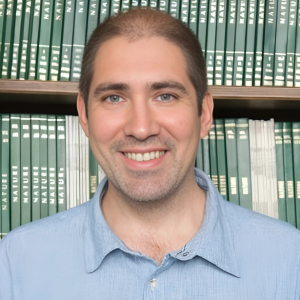
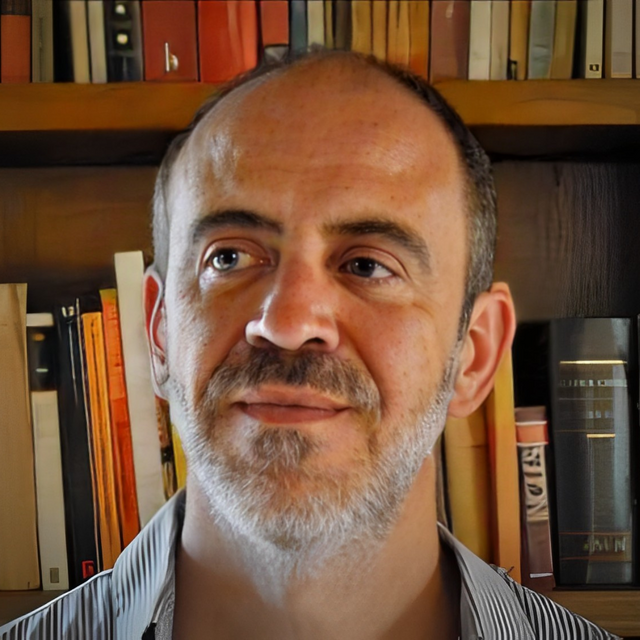

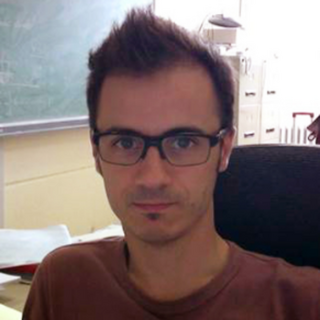
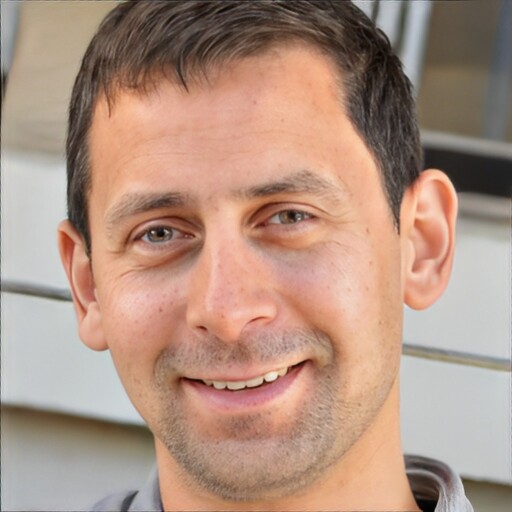
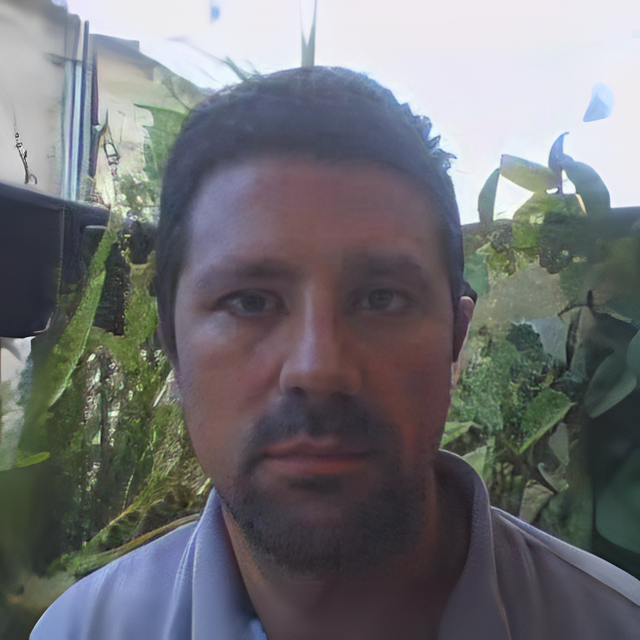
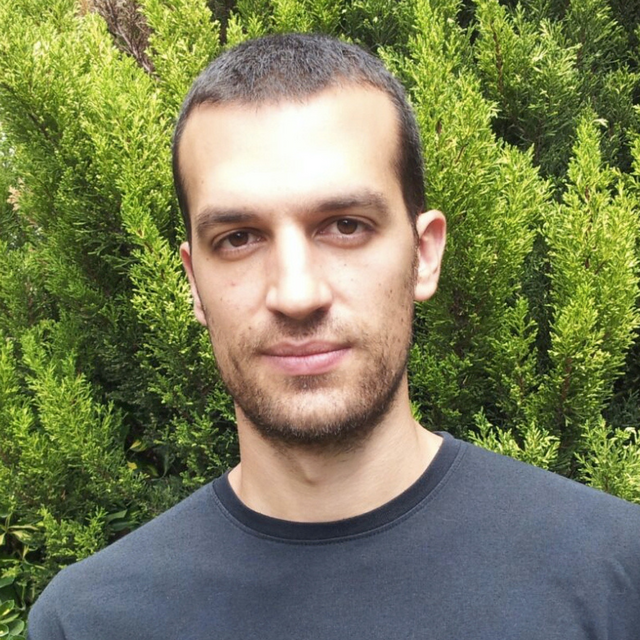


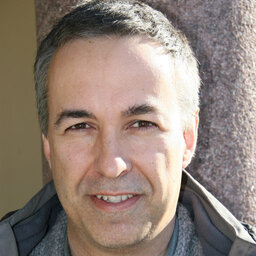


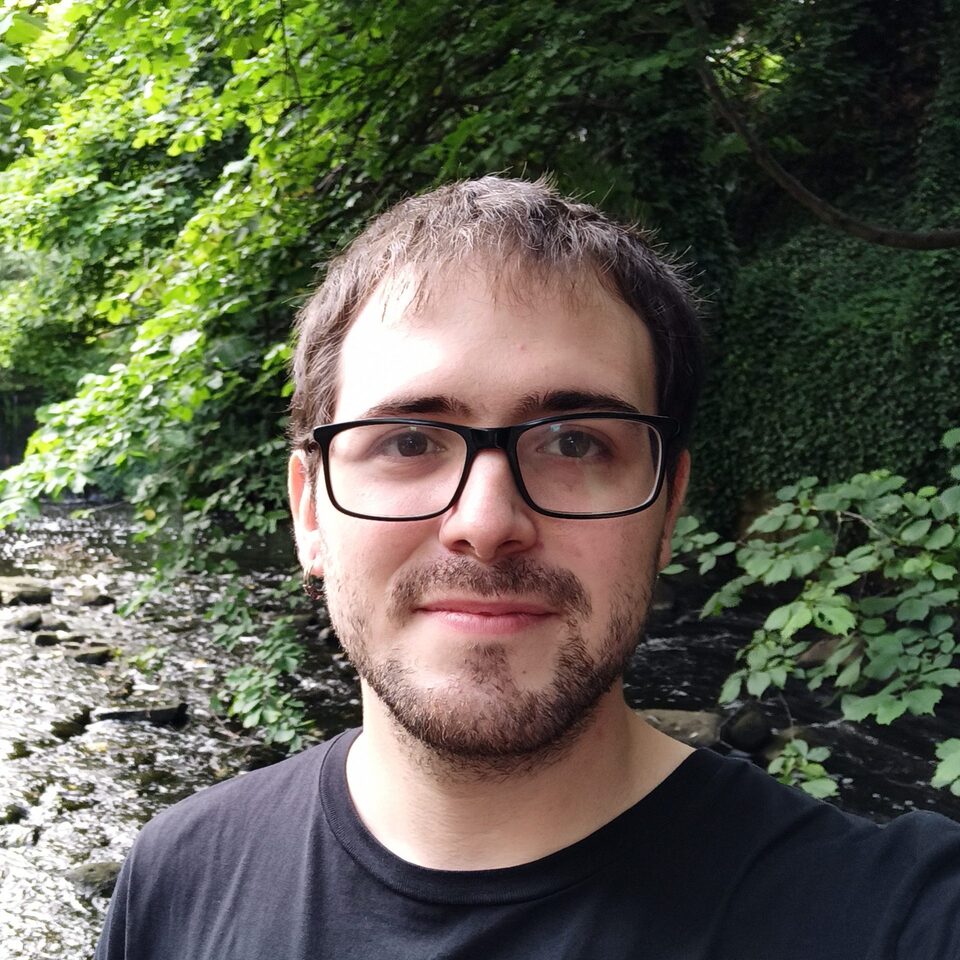
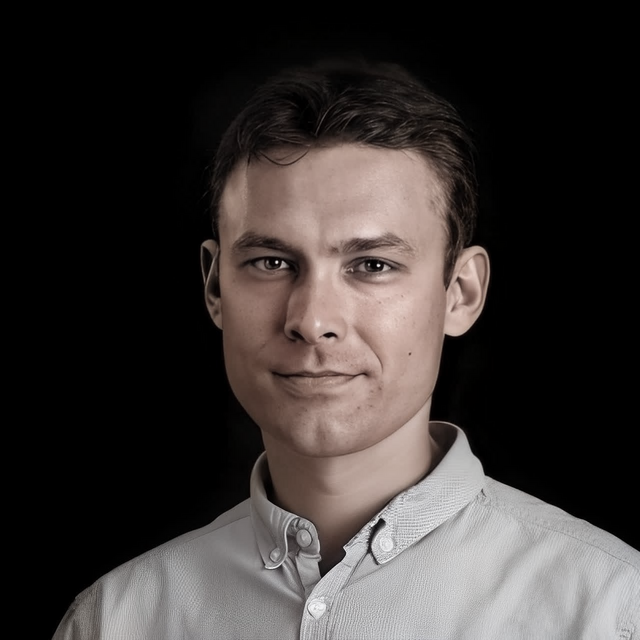
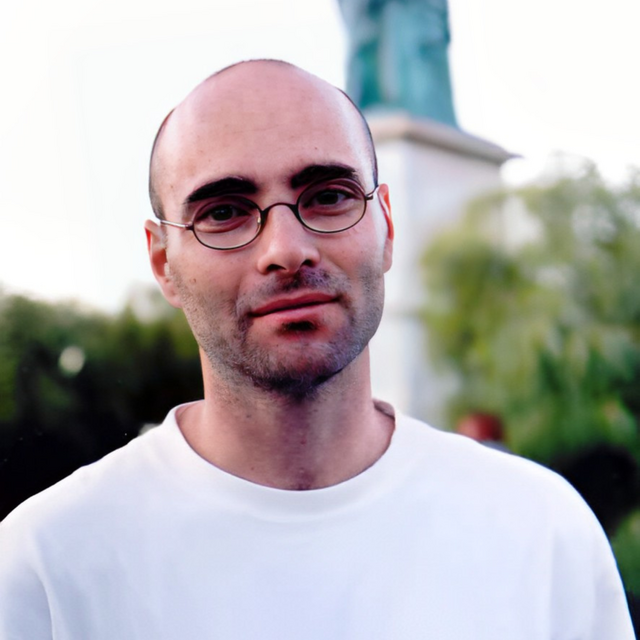
 Egor Kosov
Egor Kosov Alberto Maione
Alberto Maione Niyaz Tokmagambetov
Niyaz Tokmagambetov Miquel Saucedo
Miquel Saucedo Joaquim Duran
Joaquim Duran